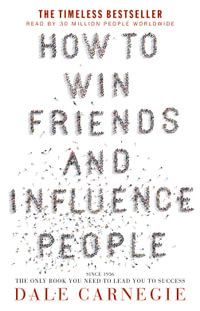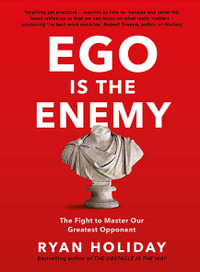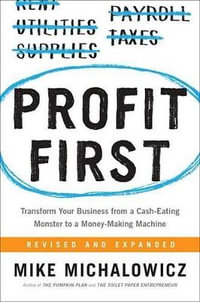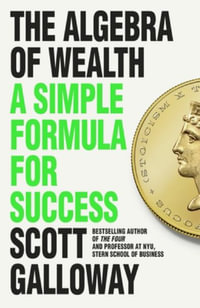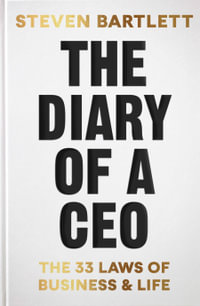Foreword - Jean-Claude Thoenig.
Preface - James G. March.
Preface - Thierry Weil.
1. Introduction: an original approach to a hackneyed
subject.
The organization of the course.
From oral to written presentation.
Issues linked with leadership.
2. Othello: leadership and private life, innocence and
cleverness, revenge and the social order.
Prologue on the appreciation of leaders.
Private life and public role.
Can revenge serve the social order?.
Cleverness, innocence, and virtue.
Why do people act as they do?.
The characters in Othello.
3. Saint Joan: are heretics mad or are they
geniuses?.
Exploitation and exploration.
Can leaders selected for their reliability be turned into
creative leaders?.
Diversity and unity.
Saint Joan.
4. War and Peace: ambiguity, incoherence, and
irrelevance.
Ambiguity and incoherence: The Love Song of J. Alfred
Prufrock.
Leaders confronted by ambiguity.
A novel with a structure reflecting a view of history:
irrelevance.
The social order in War and Peace.
What is power?.
The powerlessness of power.
Power and hierarchy.
Power as seen by those who do not have it.
Assuming the ambivalence of power.
Identity and social order: the characters in War and Peace.
Heroism and irrelevance.
The social order based on merit.
Why we are disappointed by our bosses.
Why are bosses not particularly clever?.
5. Sex and leadership.
The sexed nature of leadership in organizations.
Sexuality and organizations.
Private fantasies and social control of behavior.
Sexual harassment.
Sexual relationships.
Ambiguous sexual behavior.
The sexuality of leaders.
Are efficient organizations feminine?.
Efficient organizations with no heroic leader.
6. Don Quixote and the virtue of arbitrary
commitment.
A strange novel.
Don Quixote and reality.
Primary implications for leadership.
Don Quixote's vision of life.
Other lessons for leaders from Don Quixote.
Great visions, great actions, and great expectations.
Heroes to protect us from our own irrelevance.
The stuff that dreams are made of.
The pleasures of the process.
7. Plumbers and poets.
What do leaders really do?.
Appendix 1: INTELLIGENCE VERSUS REASON, an overview of James
March's work.
Miseries of Reason.
The limitations of rationality or the critique of pure
reason.
The application of suitable procedures or the critique of
practical reason.
Thwarted learning or the critique of dialectic reason.
The technology of foolishness or the critique of immediate
reason.
Splendors of Reason.
The charms of orthodoxy.
The rigorous and efficient use of reason.
Systemic reason or the quest for intelligence.
Redemption through enthusiasm.
The collective need for individual gambles.
How to make the challenge of exploration attractive.
Beyond rationality: poetry, intuition, and enthusiasm.
Institutions are not based on haggling alone.
Insignificant actions.
Optimism without hope.
Mundane organizations and gardening.
Appendix 1: Intelligence Versus Reason: An Overview of James
March's Work.
Appendix 2: Mundane Organizations and Heroic Leaders.
Index












